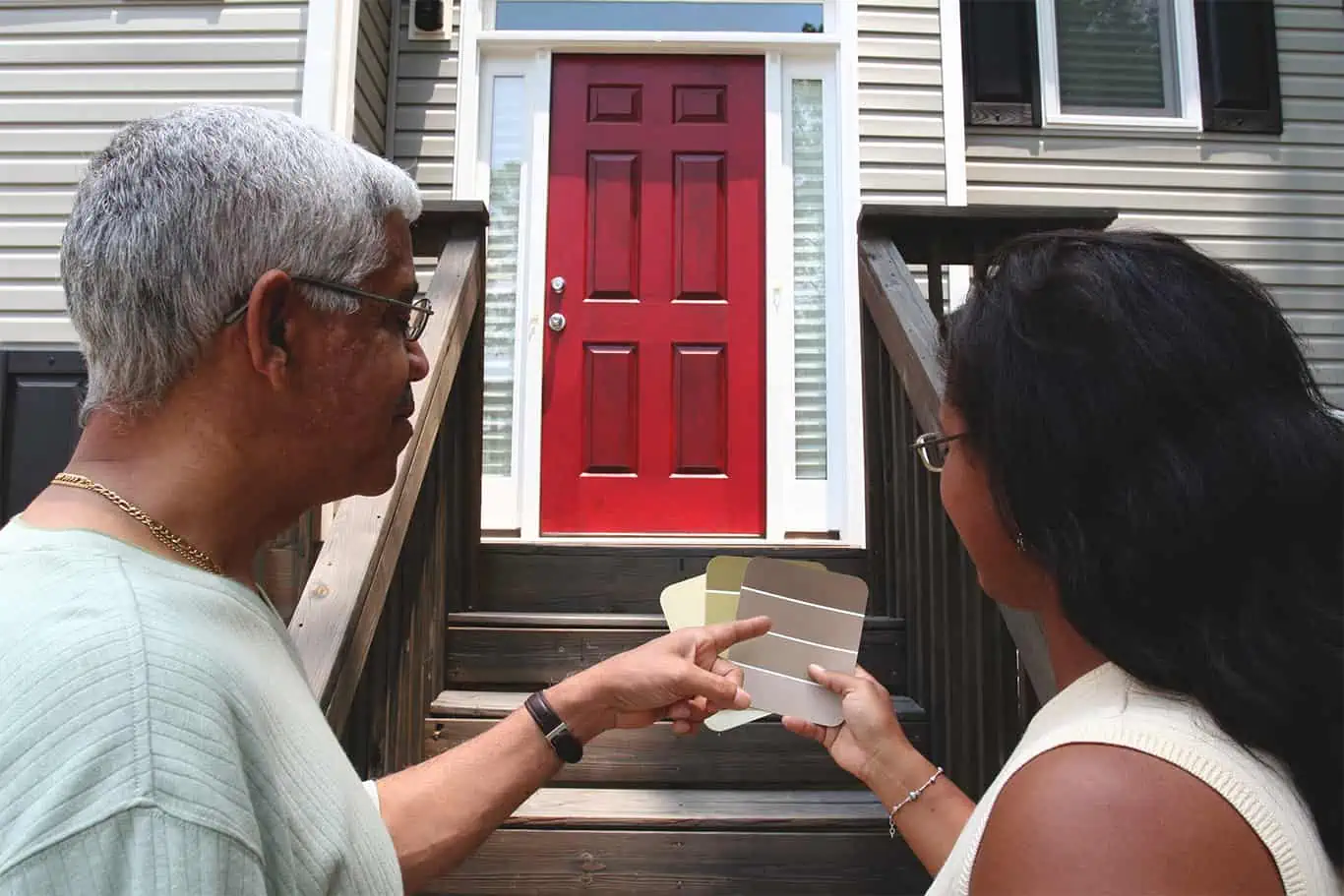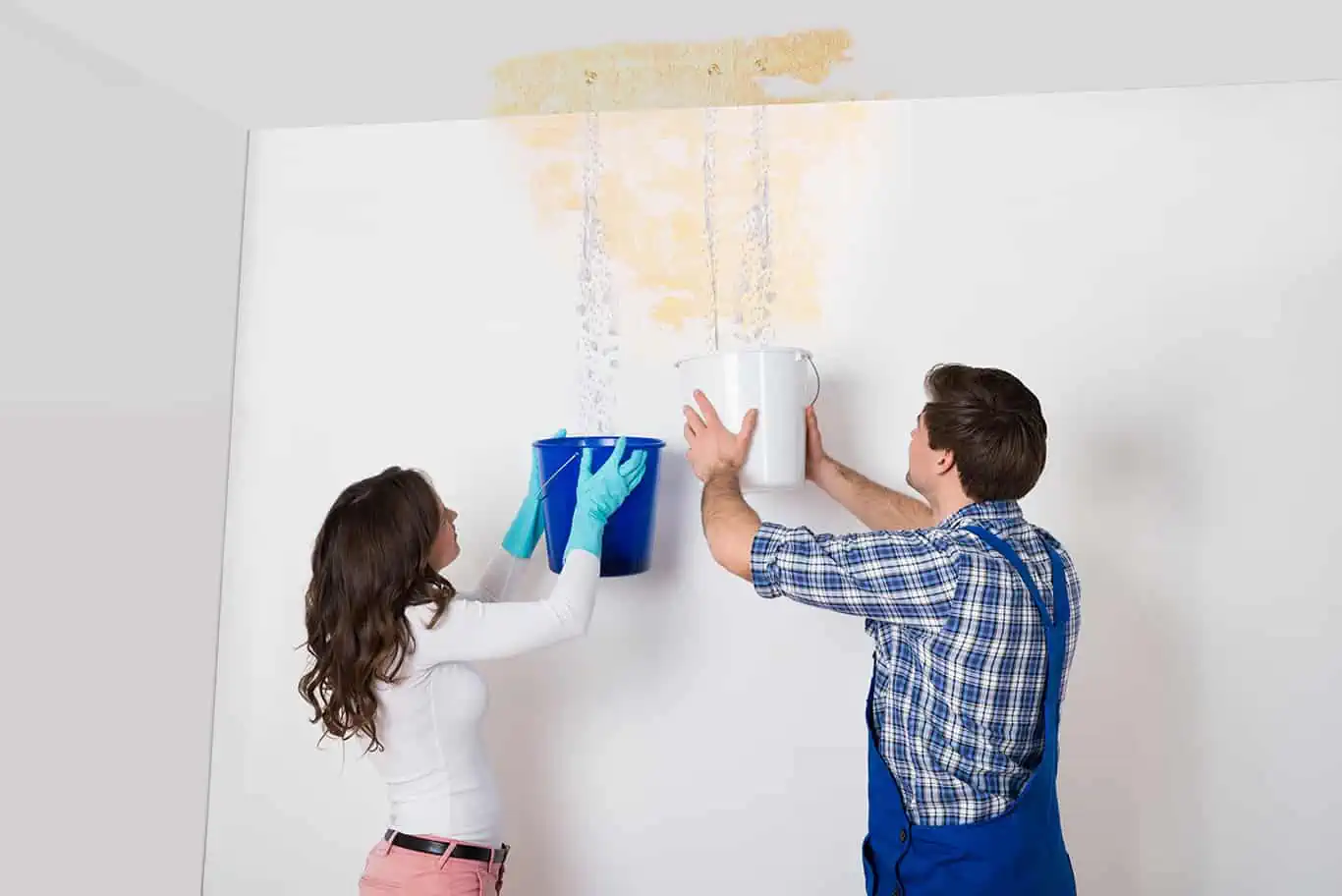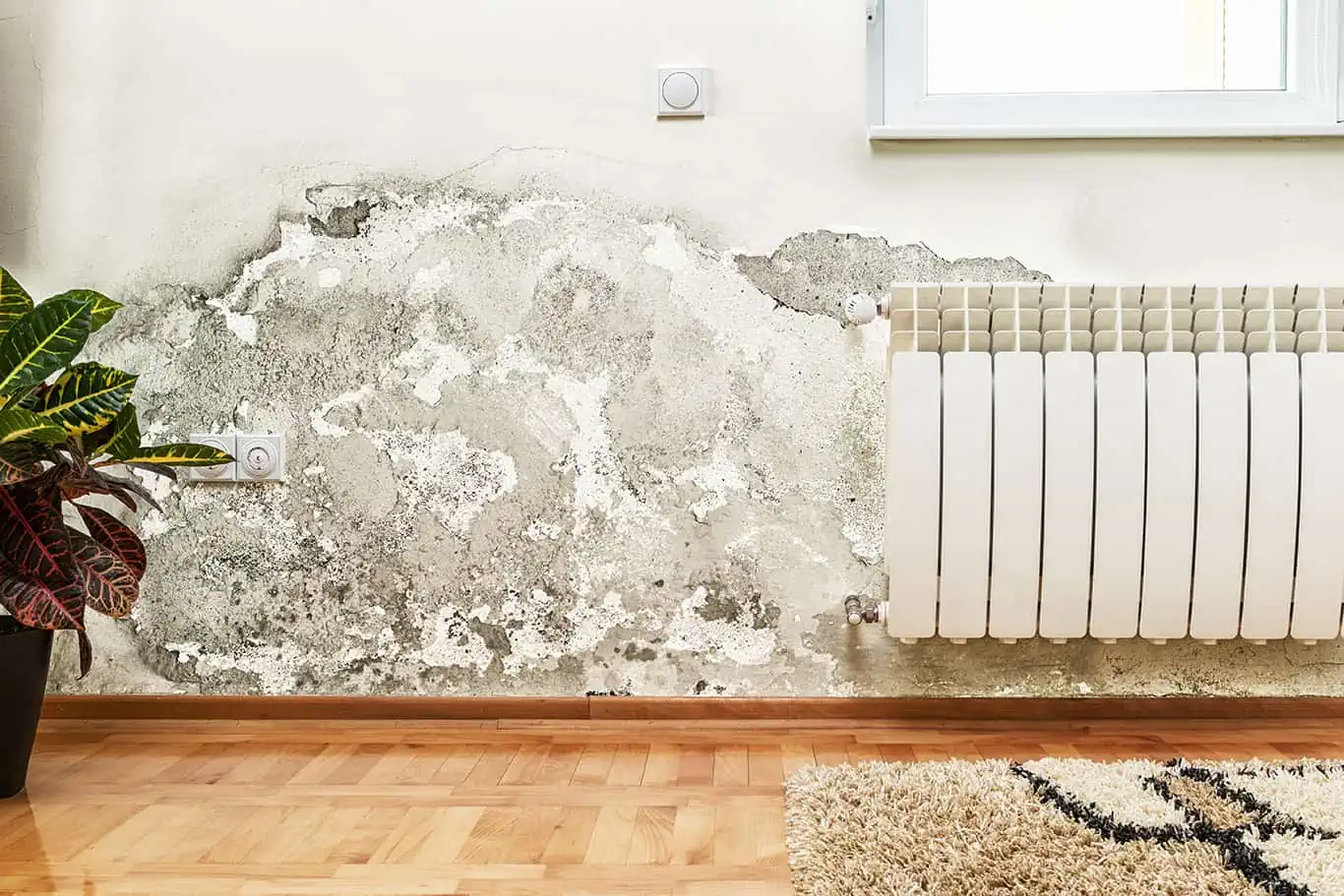If you’ve ever sold something on Craigslist, you probably know how much work even just that can be involved. You’ve gotta take photos of the item, figure out a good price, and then post it online with a descriptive caption and details about the piece. Afterward, you’ve gotta field the emails and calls, then wait for a random stranger to come pick up your item.
Now, take that process and multiply it by 100 … that’s what it’s like to sell a house!
We’re not gonna sugar coat it; there is a lot of work and serious effort involved in selling a home. That’s why we wrote this post to outline the entire process for you. Understanding what you’ll be doing is the first step towards slapping “SOLD” on the sign in your front yard.
Craft a Selling Gameplan
Once you decide to sell your house, you probably would like if it all happened pretty quickly. But nothing good happens without a plan. So the first order of business is to make a selling gameplan. This is what that looks like.
Agent or No Agent?
The first major step in the selling process is figuring out if you’re going to hire a professional real estate agent or sell your home yourself. If you go the “For Sale By Owner” route, you could, in theory, save some money. But if you’re new to the home selling process, you may be way over your head if you DIY it. Ask yourself if you have the time, knowledge and marketing skills to sell your house all by yourself. If you come away with a resounding yes, it could be the right move for you!
Though if you decide to go with an agent, take the time upfront to find a good one. Ask friends for referrals, read reviews online and interview more than one agent before you hire the winner. A good agent should educate you throughout the process, and it ultimately should be someone you deeply trust.
This post outlines tips on who to contact, when, and how to do it.
Choosing the Right Time
The best time to sell is March through June. That leaves parents an entire summer to get their kids adjusted and ready for the new school year. So if you can wait until the spring and early summer months, do it! It’s always best to avoid selling during winter and the holidays, as most people aren’t looking to buy homes during that busy time of year on average.
Find the Right Price
The first 30 days of activity are crucial when it comes to selling your house, so price matters. You may assume that you should start high and then lower your price if you don’t get any attention, but if it sits on the market for too long, your listing can become stale. Buyers may stay away if you price too high or assume that you’re not serious about selling. Price it right from the start and you’ll probably sell your home much faster.
If you’re using an agent, they will work with you to figure out the best price for your home. You can also research other comparable homes in your area, and maybe even attend some open houses. Plus, there are many online resources that will help you track down the perfect number for your area. These things will all get you a good feel for the market and how your home compares.
Prep Your Home

Before you can officially get your home on the market, you need to get it looking it’s very best. If you fail to make your home look presentable, then you may not get the asking price you’re looking for, or even worse … it could sit on the market for far too long. You need to showcase your home in its best light, and the only way to do that is with some hard work and effort. Here’s how to prep your home for the market:
De-Clutter and De-Personalize In Six Steps
This first task will cost you literally zero dollars. Yep, you can already make your home look 10 times better without spending a dime. Here’s how.
- Find a spot where you can store items out of sight. That could be an attic space, shed, or even a storage unit that you rent while you’re selling.
- Remove excess bulky furniture. The more space to walk around, the better.
- Try to pare down at least 10% in each room. Gather extra accessories and items that are taking up space.
- Permanently clear all counters in your kitchen. And try to get rid of most items on surfaces (i.e., desks, dressers, etc.).
- Donate everything you clear. (Or add them to your designated storage spot.)
- Remove any personal items from around your home. This means things like picture frames and family knickknacks.
These six steps will have your home looking so much more sellable. Your space will be lighter and brighter for the photography and showings later on! Don’t forget about closets and drawers too. Buyers are nosy, and they’ll be checking out every nook and cranny in your house.
Make Small Home Upgrades
You don’t necessarily need to renovate your kitchen or bathroom to sell your house, but there are small upgrades you can make to improve your home. Here are some ideas that will instantly improve the look of your space (and potential home value!).
- Give your walls a fresh coat of paint. Be sure to consult this list of paint colors with the best resale value first!
- Upgrade your kitchen on a dime. Swap cabinet hardware, replace your faucet, and add new pendants for a quick and budget-friendly new look!
- Boost curb appeal with a painted door. This post will help you pick the perfect hue. (Also helpful is a cleaned up yard and fresh flowers.)
Finally, if something has been broken (and on your to-do list for years), now is obviously the time to fix it!
Clean From Top to Bottom
There’s another essential (but free) task you’re going to be doing to make your home look a lot better: cleaning everything! Grime and dust can quickly deter buyers from truly considering your home, so get every nook and cranny sparkling. These posts will help you channel your inner Mr. Clean.
Marketing Your Home
If you’ve gotten to this step, your home is in tip-top shape from all of your hard work and it’s ready for its debut to the world! Marketing your home is by far the most important step of the home selling process. You can have the most gorgeous house on the block, but if no one sees the listing it’s never going to sell.
Stage and Photograph Your Space
You’ve already prepped for the staging when you got rid of personal items and removed clutter. Good work, that’s 90% of the battle. Now it’s time to add the finishing touches before your home’s photo shoot.
Make sure every room is clean, all beds are made, and blinds are open to let that natural light in! (Natural light is ideal for photos.) It’s important to keep accessories to a minimum, but if you do want to add a few we suggest opting for plants and flowers. This post has lots of tips on how to do it right.
Pictures are the most important part of a home listing, so it’s crucial to get these right. If you don’t think you can DIY it, then hire a pro! Investing in a professional photographer could potentially be the biggest money spent to money gained ratio in the entire process. If you’re using an agent, often times they will pay for this service. A professional is always a good idea because they will know how to photograph your home to make it look its best.
If you’re selling your house yourself (or just want to save some money), it’s possible to take your own pics. We suggest using a wide-angle lens, shooting during the daytime, and using a tripod. For more DIY photography tips, check out this post.
Promote Your Sale
Don’t solely rely on your agent to promote your listing. You can take some of the marketing efforts into your own hands and broadcast your sale to the world! Put your listing on social media sites, email your friends and family, and let neighbors know that you’re selling. You never know who might be looking to buy, so it’s worth it to use your own network to get the word out. Here are some of the most common sites people use for listing and/or real estate research:
Bring on the Showings
Simply put, homes that don’t get shown don’t get sold. So the first order of business is to make your home available for showings. That could mean a few open houses on the weekends and availability during the week. We highly recommend that you leave the house during showings so buyers can really feel comfortable checking out your space. It may be an inconvenience for you and your family, but remember that it’s only temporary!
You’ll also want to do these 10 things before any open house to get your home looking (and smelling) its best!
Keep It Clean
It’s hard to live in your home like a normal person and keep it ready for showings at all times. But you’ve gotta do your best to keep your home clean and organized. Whenever you leave the house, tidy up and wipe down all of your countertops. That way if you need to have a last-minute showing, your home is ready to go.
Get Everyone Out of the House
It’s important for buyers to check out an empty house. So that means that you, your kids, and any animals should make a plan to high-tail it out of there. That could mean taking the dog for a long walk or heading over to a friend’s house for the day. But no matter what, come up with a plan for where your family will go when those last-minute showings happen. And if you do have pets, be sure to remove their items (e.g., dog bowls, cat litter, etc.) from the home before buyers come in.
How To Get Ready For Closing
If you’ve made it this far, then congrats! You’re almost to the finish line. Here’s what happens now:
Appraisal and Inspection Time
After the listings and showings, you will (hopefully!) get an offer on your place. After you’ve accepted an offer, most buyers will do an inspection of your place within a week. You won’t need to be there for the inspection, and you’ll usually have the results within a few days. At that time, you’ll know if all went well, if you need to fix a few items yourself, or if you’ll offer the buyers a credit to fix things themselves.
Here’s our full guide for how to deal with a home inspection.
Next, it’s time for the appraisal. Appraisals usually happen within a week of the home inspection. You can do some homework before the appraisal to improve the chances of getting a higher price. Provide a list of recent home improvements and receipts to explain the value you’ve added to your home.
The results of the appraisal may take a few weeks. If your home appraises, you’re good to go! If not, you’ll have to negotiate with the buyer to find a price that works for all parties.
Prep to Move
After the appraisal, you’ll be on track for closing day. You can finally start to pack things up and get ready to move out of your home. This would be a good time to think about hiring some help for moving day. It’s also time to start packing! This handy checklist will keep you on task so you stay organized and on top of your move.
See prices for movers by the hour – instantly.
Read real customer reviews.
Easily book your help online.
Saying Goodbye to Your Home
Congrats, you sold your house! All that’s left to do is say goodbye and toast to all of the memories made in your place. As a bonus, you can also leave your buyers a little gift as you head out (like a booklet of your favorite restaurants or just a note with tips on their new house). It’s a great way to hand off your past experiences to the new homeowners. Onward!








 A quality home inspection will cost you, the homebuyer, about $250-$400 depending on the size of the home. As much as these unexpected expenses seem endless during the moving process, this is one expense you do not want to skip. Hiring a quality inspector can make such a significant difference to highlight the good, bad and potentially dangerous components of your new home. You want to make sure you hire an inspector who is licensed and knowledgeable … even if that costs a few extra bucks. This tiny investment can save you thousands of dollars (and a lot of heartache) in the long run.
A quality home inspection will cost you, the homebuyer, about $250-$400 depending on the size of the home. As much as these unexpected expenses seem endless during the moving process, this is one expense you do not want to skip. Hiring a quality inspector can make such a significant difference to highlight the good, bad and potentially dangerous components of your new home. You want to make sure you hire an inspector who is licensed and knowledgeable … even if that costs a few extra bucks. This tiny investment can save you thousands of dollars (and a lot of heartache) in the long run.








